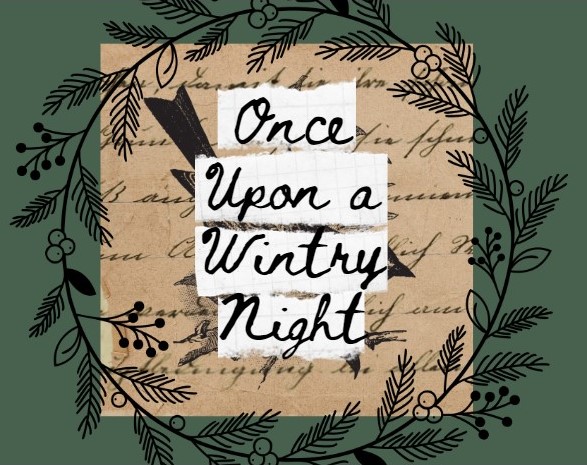Thanksgiving is quickly approaching. The time where students are relieved to get a few days off school, and when families can gather around the dinner table and eat nonstop. This is what most people think about, but what about the history behind this holiday?
In our younger years, we were told that the first Thanksgiving happened because Native Americans living near Plymouth had welcomed Pilgrims to the New World with a feast. This was what was told to us because the truth would have been far too dark for children to be taught about.
This Land Is Their Land: The Wampanoag Indians, Plymouth Colony, and the Troubled History of Thanksgiving, a book by David Silverman, a professor at George Washington University, reveals much of the truth relating to the Wampanoag people and the damage that has been done to them and other Indigenous Americans since then.
It all started long before the events that inspired the story of Thanksgiving. In fact, the Wampanoags had already had contact with Europeans long before the Mayflower set sail to Plymouth. This included various instances of violence towards the Indigenous Americans.
In 1620, there was an informal alliance between the Wampanoags and the pilgrims who had arrived and begun to settle in Plymouth to protect themselves from a rivaling tribe, the Narragansetts.
The next fifty years would be filled with colonial land expansion, disease outbreaks, and more. Then tension between the European settlers and the Wampanoags worsened until war broke out, devastating the Wampanoags to this very day and leaving a memory of grief rather than gratitude.
Throughout United States history, there has been an overall disregard over the lives of Indigenous people.
A timeline of unfair and harmful laws against Indigenous Americans
1830: The Indian Removal Act of 1830
This law was signed by President Andrew Jackson and its purpose was to allow presidents to take lands West of the Mississippi while sending Native American tribes to unsettled lands.
1851: The Indian Appropriations Act
This created the Indian Reservation System. Reservations are areas of land designated for Native American tribes so that white settlers could take over their lands. This was passed so the US government could have stricter control over the Indigenous Americans.
1879: Carlisle Indian Industrial School’s first students arrive
This was the first off-reservation school for Native American children to be assimilated by replacing their old ways of life with what was socially acceptable for white Americans. These children would face severe neglect and abuse including beatings, solitary confinement, withholding of food, flogging, slapping, and cuffing.
1887: The Dawes Act of 1887
This allowed the president to break up reservation land and to cause a divide among Native Americans while assimilating them into European culture
Over time, Native Americans were granted more rights by the government.
1924: Indian Citizenship Act
All Native Americans born in the territorial limits of the country were given citizenship.
1968: The Indian Civil Rights Act
This gave Indigenous Americans most of the benefits that are included in the Bill of Rights which are given to all United States citizens.
1975: Indian Self-Determination and Education Assistance Act of 1975
This law was meant to undo previous laws where tribes were disbanded, and their people were made to relocate to reservations. Tribes were then recognized by the government and funded.
1978: American Indian Religious Freedom Act
Before this act was passed, Native Americans were often unable to use their lands and controlled substances for their religious ceremony. This act allowed them to use certain lands to do this.
To this day, the effects of former laws have left an impact on Indigenous peoples. There are many facts that cannot be ignored. Native American groups have sovereignty over their tribes, but affairs relating to people outside of their tribes are left to the government. This has resulted in the overwhelming number of missing and murdered Indigenous Women, girls, and two-spirit people. Over 5500 Indigenous Women go missing or are murdered in the United States and Canada every year, and this occurs because non-Indigenous individuals are aware that they are less likely to receive serious consequences for crimes against them. This has caused Tribal Reservations to become hotspots for kidnapping and over violent crimes towards Indigenous women.
History, despite seeming distant, has a massive impact on people today. Since the 1970s, protestors have argued that Thanksgiving is “a National Day of Mourning” for Native Americans who have been stripped of their identity, culture, and their right to safety and justice.
Works Cited:
https://www.bridgew.edu/stories/2023/united-states-treatment-native-americans
https://www.history.com/topics/native-american-history/native-american-timeline
https://www.history.com/topics/native-american-history/indian-reservations
https://youtu.be/1tyx1lFhVX0?si=P2p6PD6YX_aFnj5K
https://www.history.com/topics/thanksgiving/history-of-thanksgiving











